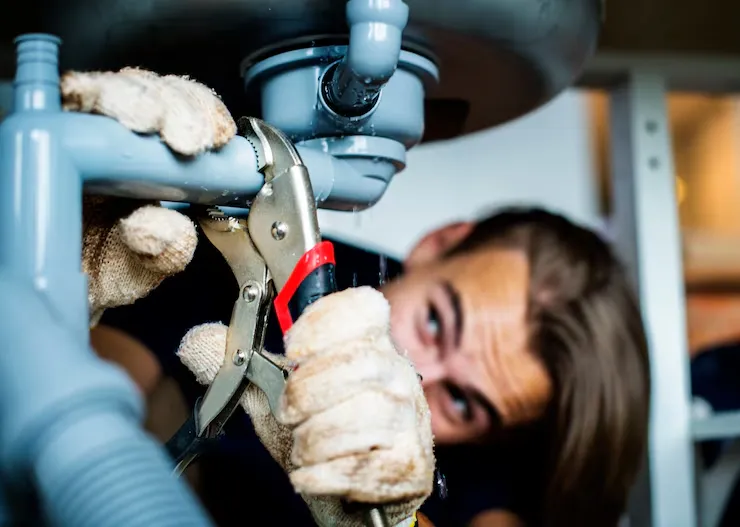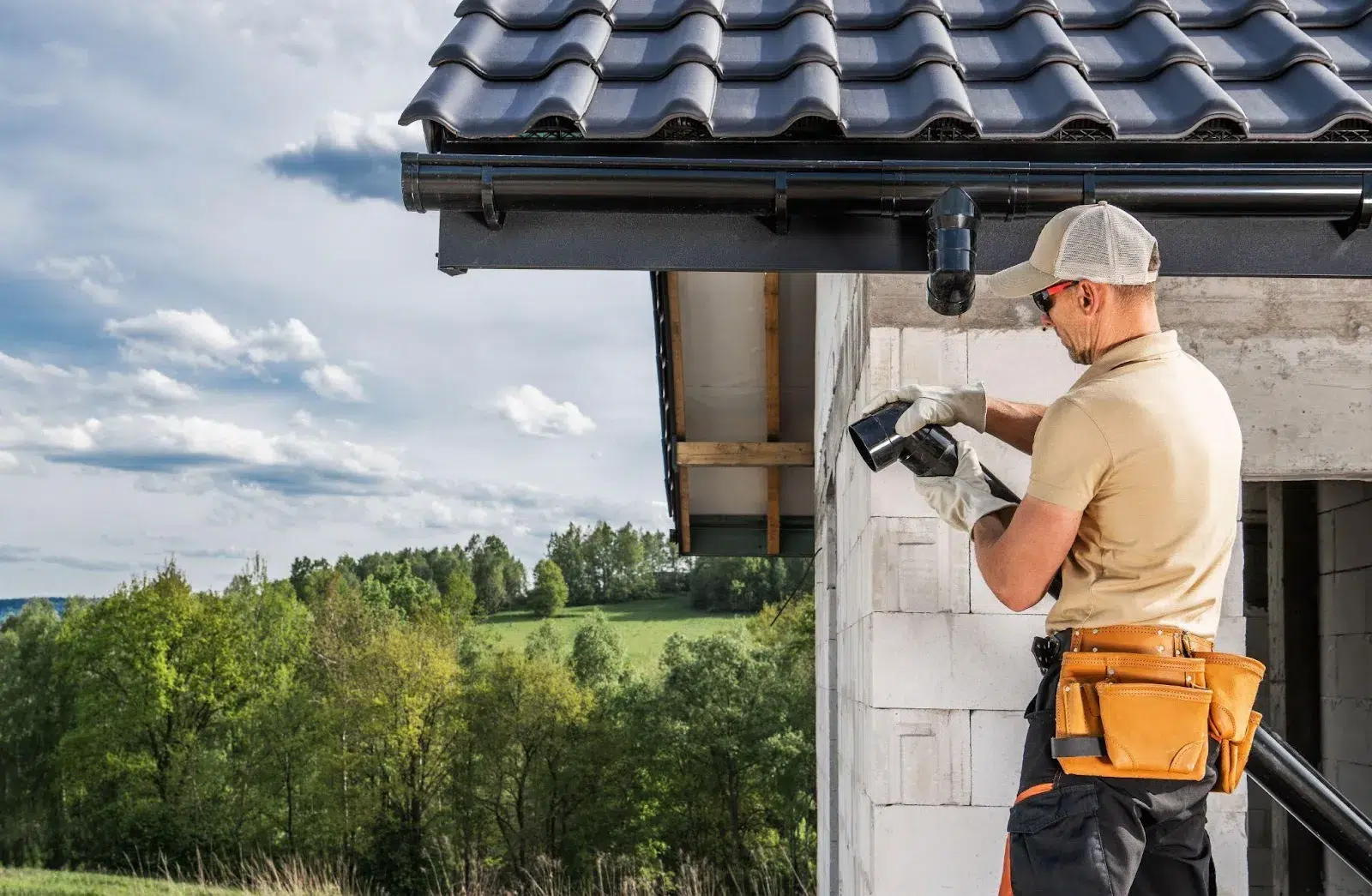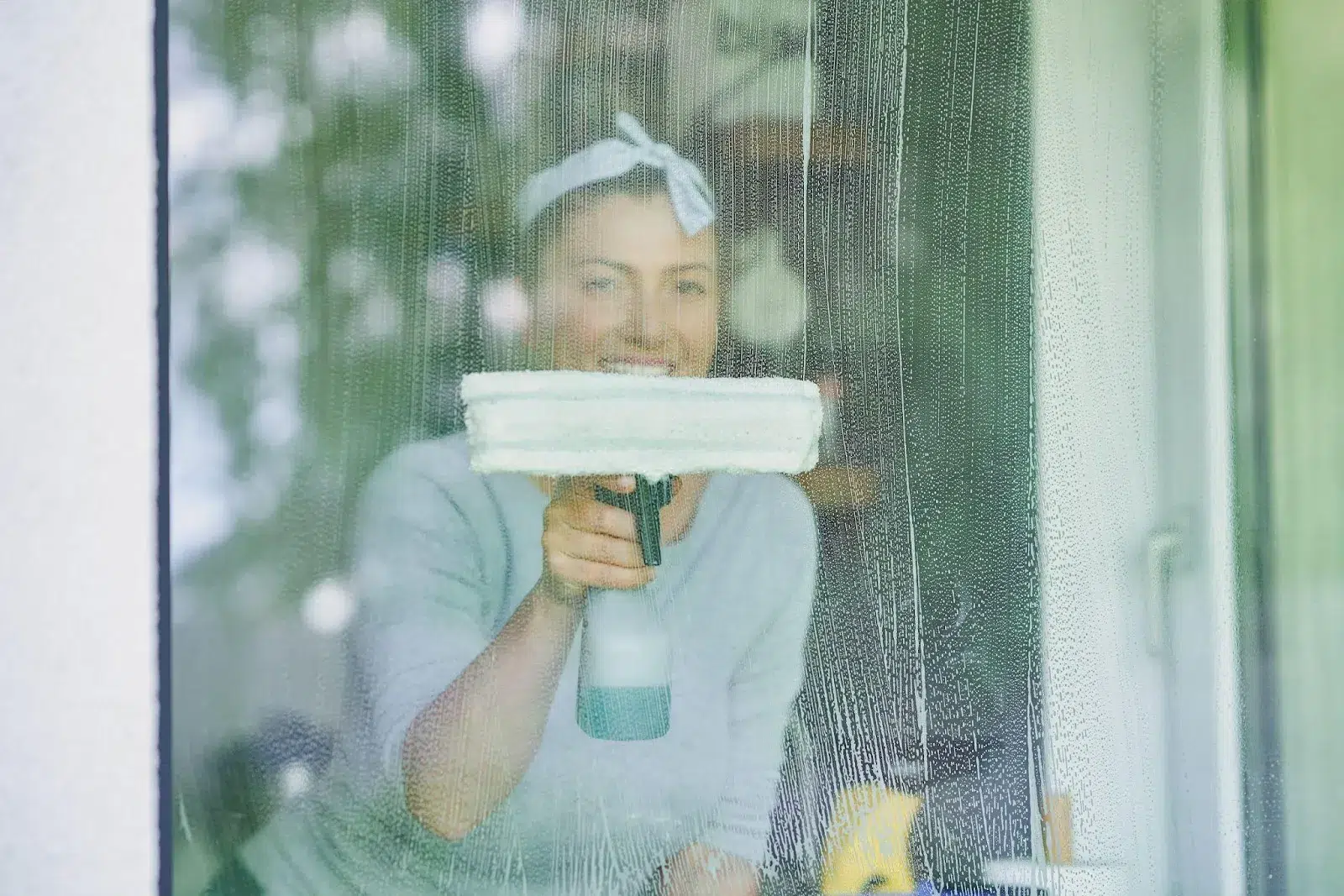The tables turn and the person who cared for you will likely need care. As parents grow older, you want to be there for them but it can be a challenge especially if you don’t live close by. The distance can make it tough but you can still provide support and assistance to aging parents even if you’re living in a different city or even province.
Rick Lauber, an Edmonton author and former co-caregiver, knows firsthand the challenges: “Caregiving was new territory for me… much like many others, I did not have related background experience or knowledge to draw from. I was also not prepared for my new role.”
He shares what he learned caring for his aging parents in his two books Caregiver’s Guide for Canadians and The Successful Caregiver’s Guide, and offers practical tips, great guidance and encouragement to help prepare prospective and current family caregivers. “Caregiving can be a major time commitment and can easily impact a family member physically, mentally, emotionally and financially,” says Rick.
Increased Costs And Stressors
Initially he helped co-caregive from a distance for 10 years for both his senior parents, and then they moved closer to him and his sisters, which increased their responsibilities and contributions. “I remember being constantly on the go. If I was not planning the parental schedule for the next day or running another parental errand, I was worried about how Mom and Dad were doing or if my telephone would ring with an emergency.”
Working alongside his sisters, he assumed many unexpected caregiving duties, like moving his parents repeatedly, driving them to appointments, managing their banking and paying bills and, in due course, serving as Joint Guardian and Alternate Trustee.
For those caring from afar, there’s increased travel that results in added costs including accommodation, meals out and vehicle maintenance, and the stress of being less able to quickly react and respond to an aging parent’s needs, says Rick, who was a 15-hour drive away so he preferred the two-hour flight. When seniors retire to smaller towns, they will not have as many services available to help them.
Take on New Roles
Prepare to take on new roles, learn more about complex medical conditions, try to work harmoniously with aging parents and siblings, and balance caregiving with busy lives, families, and careers, he says. Family caregivers may also face increased stress over wondering if they are making the best decisions, he adds, which is a natural worry.
“It’s important to note that caregiving is not all bad however: From my own experience, I built better relationships with my parents and sisters, became better organized, learned more about my own capabilities, and became more self-confident,” he adds.
Read more about The Future Of Aging.
Video Chat Regularly
With the right approach and resources – and Rick’s tips – you can ensure elderly parents are supported and connected, no matter the miles.
Communicate regularly. If adult children cannot easily travel to see their aging parents, they could still call them. A video chat (through Zoom or some other platform) is better than a phone call as it is more personal and can provide family members a much better opportunity to observe and assess the senior’s appearance as well as gauge how the senior is doing.
Enlist outside help. Hire a caregiver from a trusted professional caregiving company. Coordinate with a friendly neighbour to drop in to visit with aging parents and then report back to distant family members. Outside help could also run errands for seniors while family caregivers are visiting – thus allowing them more quality time together. Get creative with outside help. Perhaps the neighbour is a dog walker and an aging parent could join on these outings for company, fresh air and exercise. A neighbour’s teen could be hired to mow a senior’s lawn or shovel snowy sidewalks.
Reliability is critical so hiring a reputable company to do routine outdoor and indoor maintenance work can help greatly – research well. When speaking with these prospective providers, ask for references to check, if they have done similar work for other seniors, and how long they have been in business. Check with the Better Business Bureau as part of your research. Local seniors’ associations could possibly provide recommendations of vetted senior service providers.
Technology Can be Your Eyes And Ears
Utilize technology. Wearable health devices (e.g. wristbands) can measure and collect health data. Mobile device apps can remind aging parents to take their medication. Home monitoring systems can report on an aging senior’s movements within the home. Stove fire prevention devices automatically shut off the appliance if it has been left on for too long. On-line social media platforms (e.g. Facebook) provide an aging parent the chance to communicate with distant family members, join message boards for social interaction, research areas of interest, be entertained, and view photographs of the grandchildren. Technology can be a family caregiver’s eyes and ears from afar.
Assign a primary family caregiver. When numerous siblings are available, a senior’s care can be shared; however, it may be beneficial to delegate one person to oversee the entire process. It may be tempting to choose the family caregiver living closest geographically to aging parents but consider what other siblings could bring to the table. “When Mom and Dad began to need more help, my sisters and I each took a turn to fly out, stay with them, and tend to what needed to be done. We each had our different skill sets and sharing the workload while still communicating with each other back home reduced the stress,” says Rick.
Reduce Home Clutter
Downsize. Aging parents often accumulate a great deal of stuff over the course of their lifetimes, but how much of this remains necessary? Reducing the amount of clutter in a parent’s home makes it safer. Large, bulky furniture can block a senior’s mobility and deep couch cushions which can trap a senior who may not have the strength or flexibility to stand. Remember that organizing, packing and moving belongings can take a great deal of time and effort. Start the process early and consider using a professional organizer to assist as they don’t have a strong connection to parental items and can help make difficult decisions on what to donate or discard. Also a downsized, less cluttered home will also be much easier for the senior to keep clean.
Take care of yourself. Doing something for yourself as a family caregiver may sound impossible, but doing so is vital. Caregiving can be demanding work and a family caregiver must remain mindful of his/her own health and wellbeing to continually effectively manage their responsibilities and cope. Taking a break means doing something personally enjoyable or of interest.




